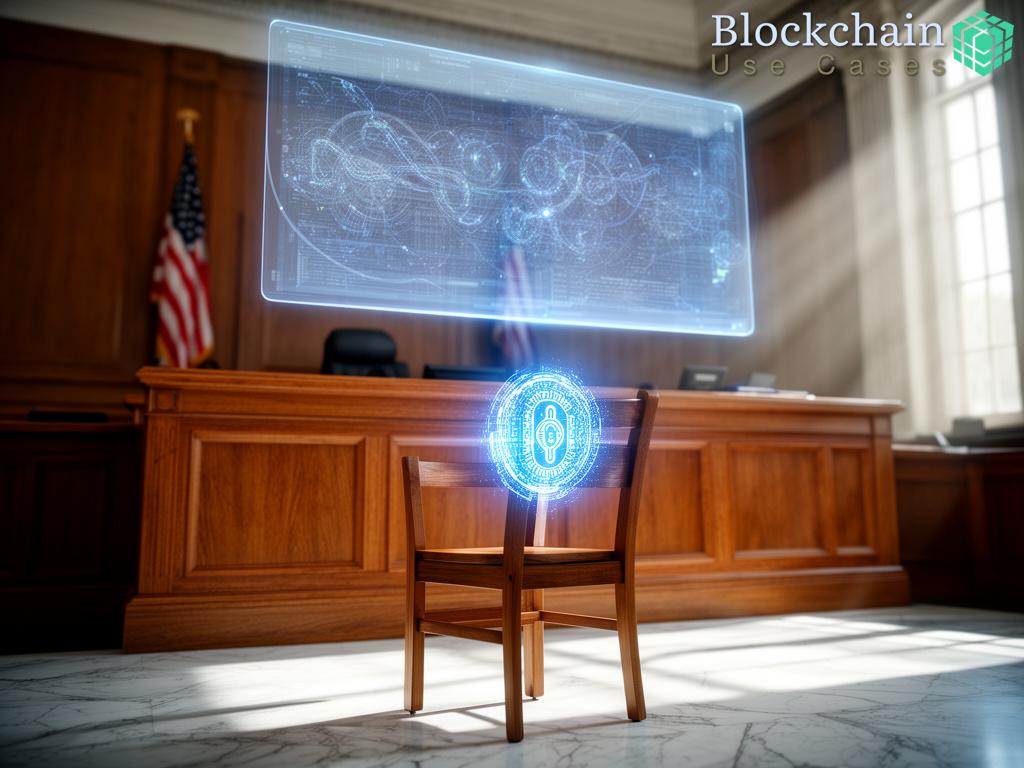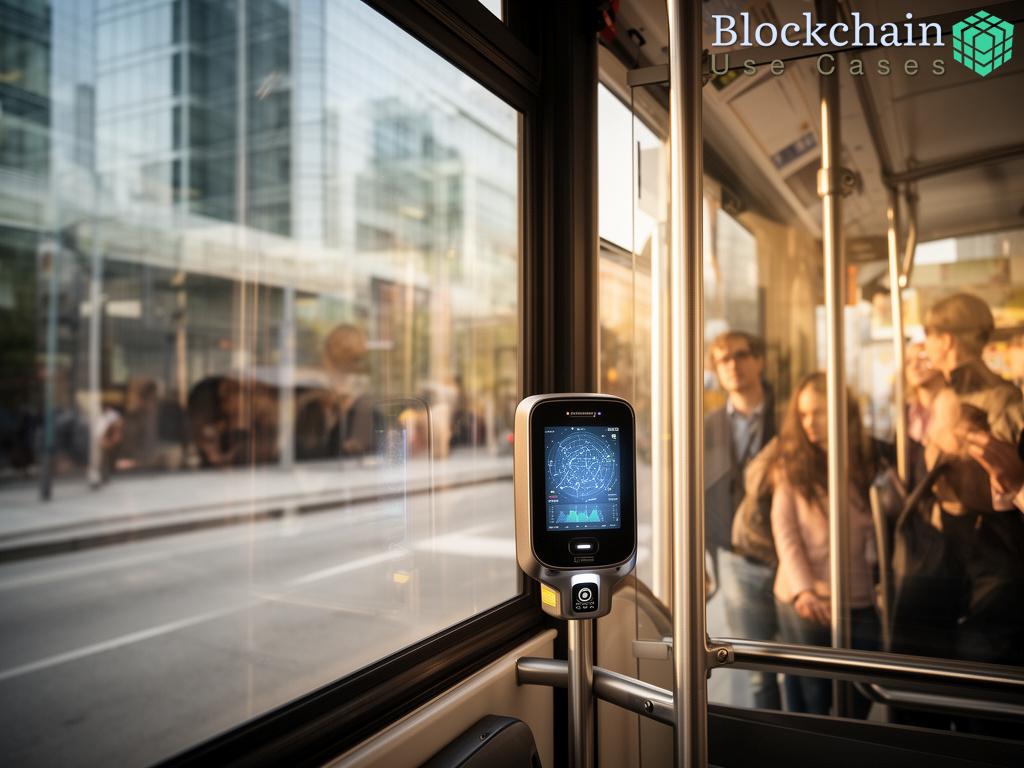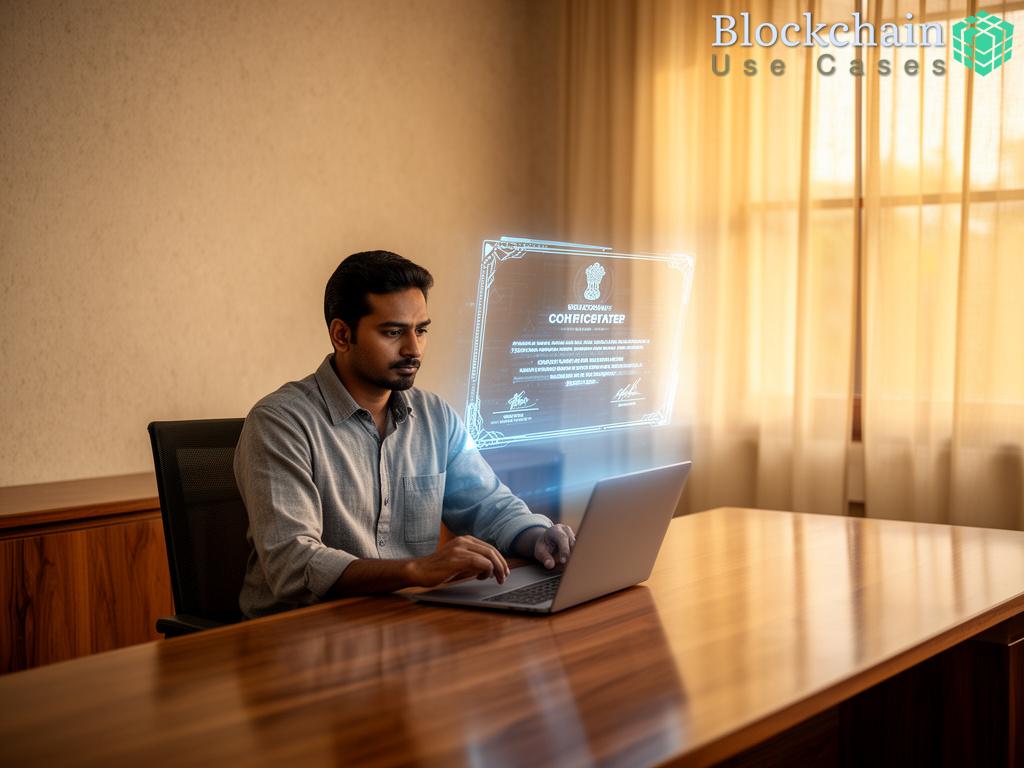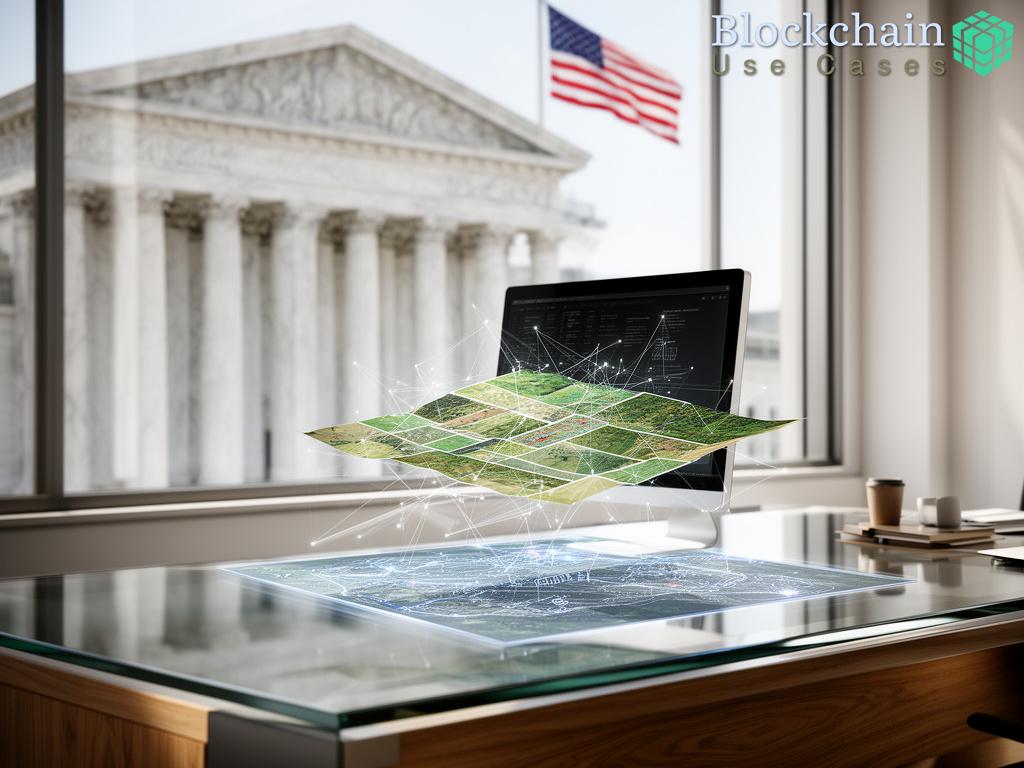The advent of blockchain technology has brought forth a revolution in various sectors, and the electoral process is no exception. With its unique characteristics of decentralization, transparency, and security, blockchain presents an innovative solution to some of the most pressing challenges faced in elections today, particularly voter fraud and election integrity. This technology not only promises to safeguard the voting process but also to restore public confidence in democratic systems.
Ensuring Transparency and Accountability
One of the most significant advantages of blockchain is its ability to provide an immutable record of transactions. In the context of voting, this means that once a vote is cast, it becomes part of a permanent ledger that is virtually impossible to alter or delete. This level of transparency can deter fraudulent activities, as any attempt to manipulate the voting results would be readily apparent.
- Decentralization: Unlike traditional voting systems that rely on central authorities, blockchain operates on a distributed network, reducing the risk of centralized corruption.
- Real-time Auditing: Blockchain enables real-time monitoring of the voting process, allowing for immediate audits and verification of voter eligibility.
- Voter Anonymity: While ensuring transparency, blockchain can also protect voter identities through cryptographic techniques, maintaining privacy while securing the integrity of the vote.
Fostering Trust and Participation
As voter apathy continues to be a challenge in many democracies, the integration of blockchain technology could play a pivotal role in enhancing voter engagement. By simplifying the voting process and ensuring its security, citizens may feel more encouraged to participate in elections. The assurance that their votes are not only counted but also protected can lead to increased turnout and trust in the electoral system.
Furthermore, the implementation of blockchain in voting systems can help bridge the gap between different demographics. Modern technology, when applied correctly, can facilitate accessible voting solutions for individuals with disabilities or those living in remote areas, thus ensuring that everyone has a voice in the democratic process.





